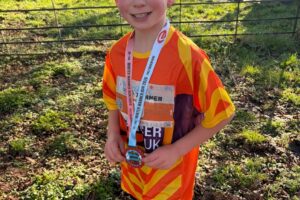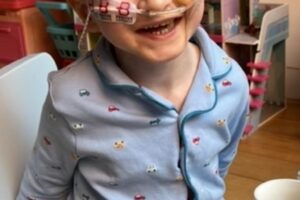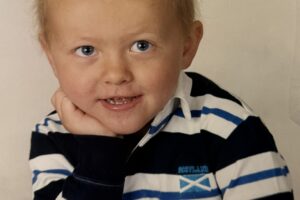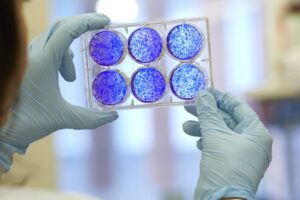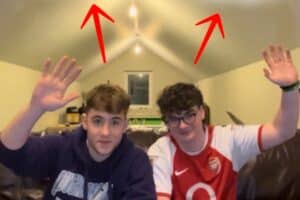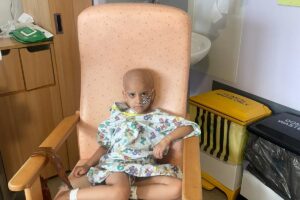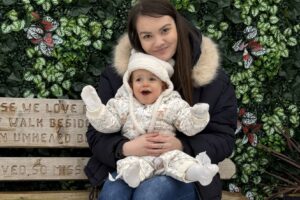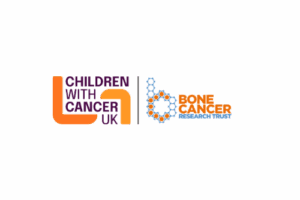Isolation during treatment for a child with cancer
Ollie was diagnosed with an “unusual” combination of acute lymphoblastic leukaemia (ALL) and acute myeloid leukaemia (AML) just before he turned four years old. I write about the experience we had with childhood cancer.
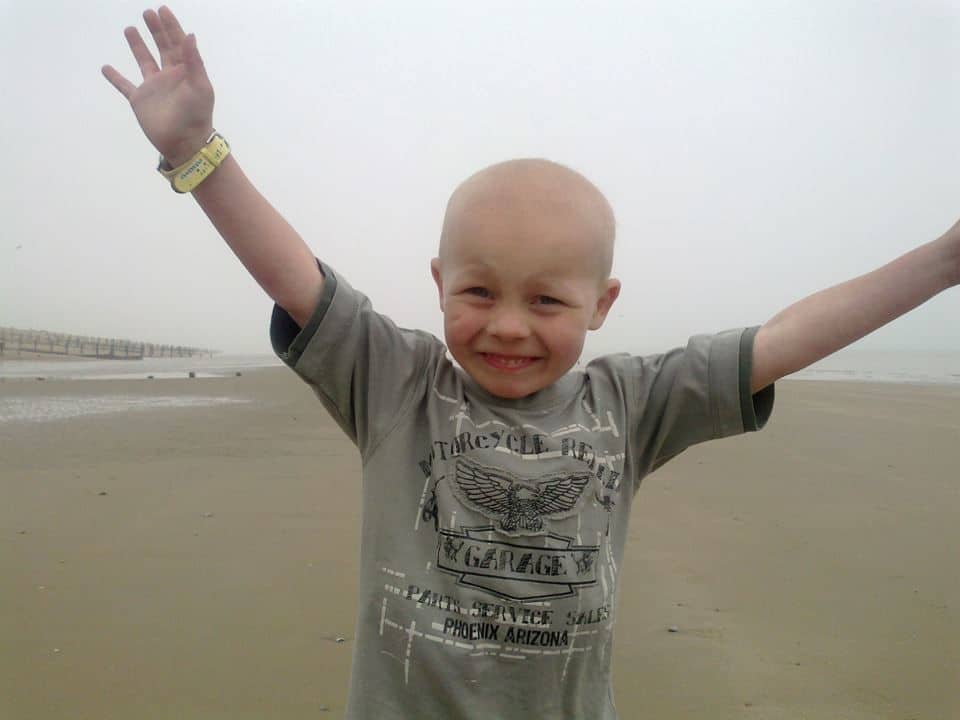
How chemotherapy affected his immune system
Ollie was diagnosed with an “unusual” combination of acute lymphoblastic leukaemia (ALL) and acute myeloid leukaemia (AML) just before he turned four years old. Initially, Ollie responded really well to chemotherapy treatment. But, as is commonly the case, taking chemotherapy had an impact on his immune system and his body’s ability to fight infection.
During Ollie’s treatment, we were constantly checking to see if he was neutropenic. Neutropenic means that your neutrophils are low, and neutrophils are an important white blood cell that fight infection. The lower your neutrophil count, the more vulnerable you are to infectious diseases.
About five weeks into treatment, Ollie had not really eaten or drunk anything since treatment began. He was called back into hospital following abnormal blood results. When they redid his blood, it showed he was suffering from kidney failure. He was taken into a Paediatric Intensive Care Unit. He had a blocked heart valve as well as kidney failure. He stayed in the Paediatric Intensive Care Unit for 48 hours and then was transferred to isolation at the Royal Marsden.
Blog written by Ollie’s mum, Emma
- Patient Name: Ollie
- Cancer Type: Acute Lymphoblastic Leukaemia and Acute Myeloid Leukaemia
- Age when diagnosed: 4
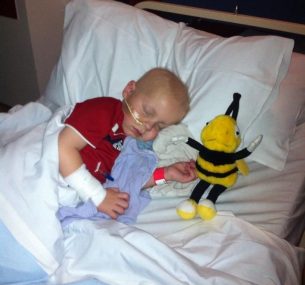
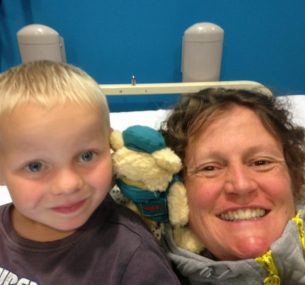
Isolation for a child with cancer
Isolation for a child with cancer means they have to be kept in a hospital room away from all people and public places. This is because they are so vulnerable to becoming infected when their immune systems are weakened. For this reason, they must not come into contact with anybody for risk of picking something up.
Ollie had to stay in a hospital room, he was not allowed to leave for any reason at all. He was only allowed one to two family members in his room at a time, meaning it was incredibly lonely. He could not go to the play room. He was not allowed to mix with any of his friends in the hospital. The only way we could keep in contact with the outside world was on the phone or via FaceTime. All doctors and nurses had to wear gowns, mask and gloves, when visiting him, which you can imagine was quite scary for a small child. If he needed an x-ray, they would bring the x-ray machine to his room.
Coping with guilt during treatment
We were surrounded by a lot of guilt during this time. I felt that I couldn’t leave his side, and felt guilty even having a shower. I remember starving myself every time he had an anaesthetic, as I felt guilty eating when he couldn’t.
We would take it in turns as parents when he was in hospital to be with Ollie, but that in itself meant we felt really guilty only being allowed to be with one child at a time. We either felt we were not being there for Ollie when we were with Ollie’s brother, or when we were with Ollie, felt we were not being there for Ollie’s brother. Our family slowly began to breakdown at this time.
Ollie remained in self-isolation for about 10 days. We understood the importance of this and Ollie, mainly because he was so young, just accepted how it was. We always took bags of puzzles, books, games and DVDs into hospital with us to make sure he had plenty to do, but it was a very lonely time.
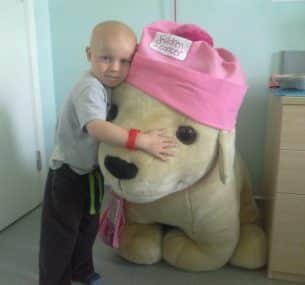
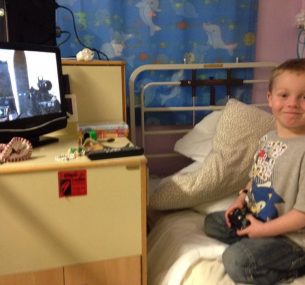
Relating to COVID19 pandemic
Although the COVID19 pandemic reminds me of the isolation Ollie experienced during treatment, the isolation he experienced was definitely harder. During his cancer treatment, it was so much stricter and scarier. We were isolated completely from any sort of normality. At least this time, we know that everybody else is in the same situation. Maybe that makes it slightly easier.
Ollie finished treatment by time he was seven and he is now eleven and doing really well. He is physically strong and healthy but still suffers with anxiety and dependency on me as a result of his long treatment.
Today he is dealing with the crisis by playing football with his brothers in the garden, going on the trampoline, walking the dogs, playing online with his friends and doing school work.
My advice for other families going through the current crisis is to just accept that everyone is in the same situation. Stay in touch with friends and family via video chat and try to enjoy simple things like board games, stories, films and baking.
How you can help
If you’ve been touched by Ollie’s journey, help us invest in the high quality research that really matters which would otherwise go unfunded. This helps to support children with cancer so they can be with their families for longer.
Have you or a family member been affected by childhood cancer?
Many of our supporters have been affected by childhood cancer – either through family, friends or their own personal experience. These patient stories can help inspire others to get involved with us, or can support our media work. If you have a story that you would like to tell,
Other stories
We have lots of information to help you learn more about childhood cancer. From specific cancer types, to treatments and causes.
